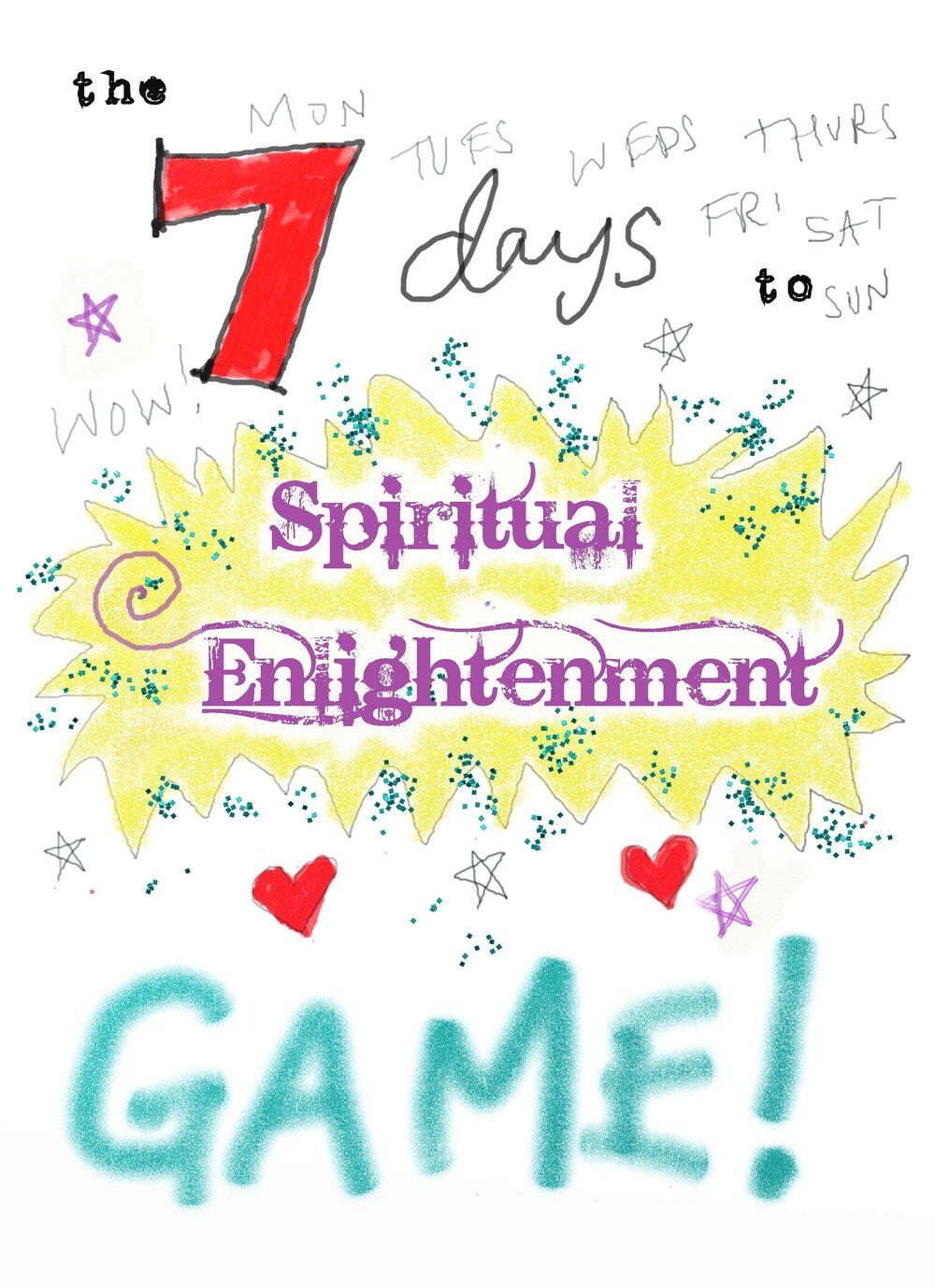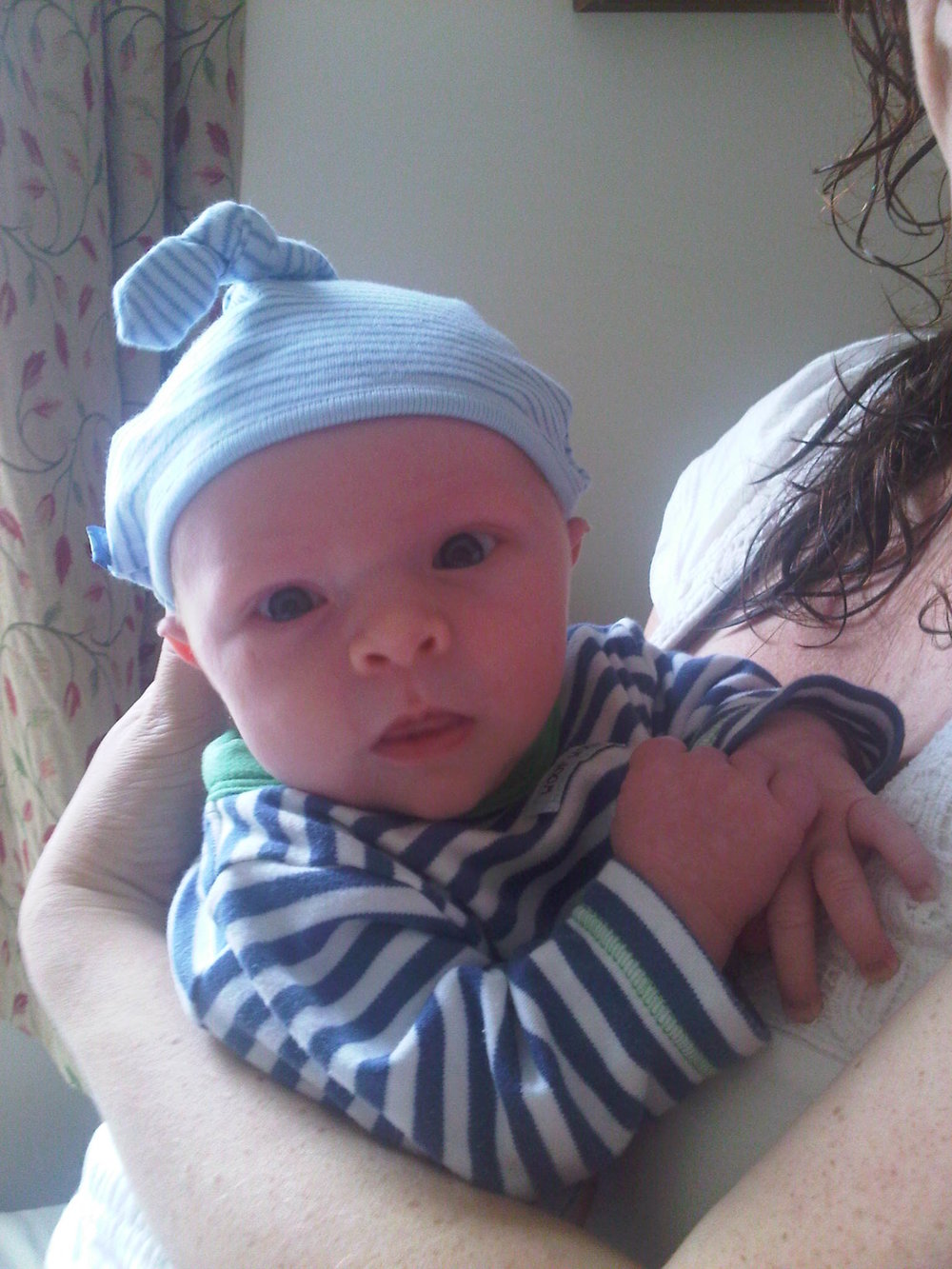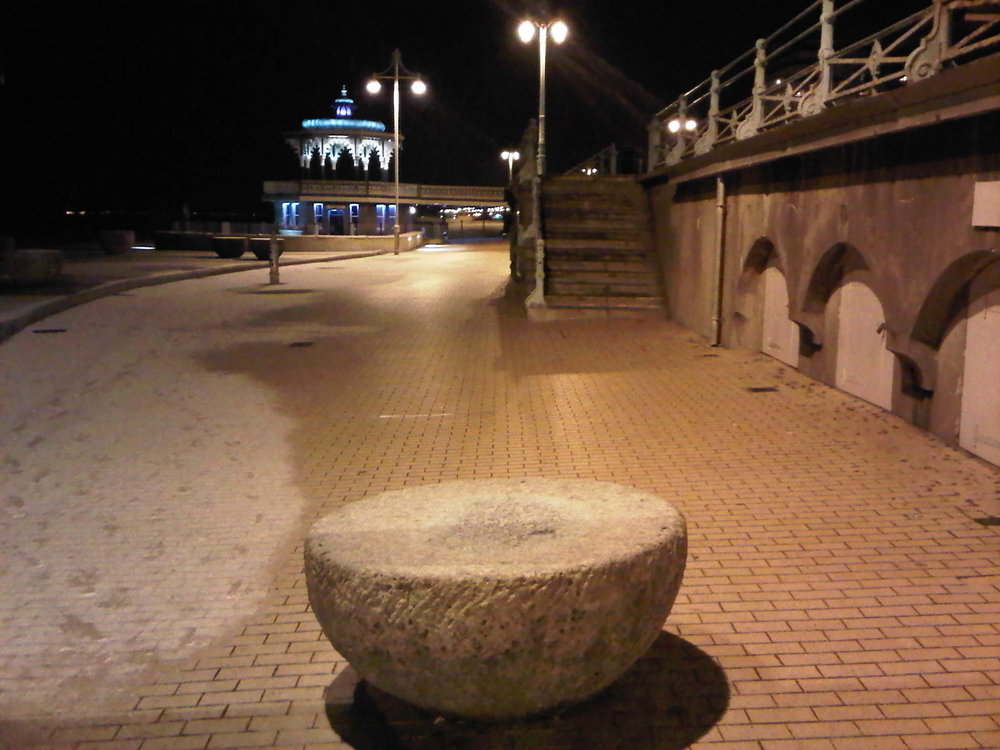The Path of Mastery
 The path of mastery is something which is discussed a lot, sometimes written about, but seldom really understood. The wonderful writer and teacher George Leonard wrote a beautiful book about it and helped to define the field, but in some ways I think it may be even simpler, even more straightforward than what he and other great teachers have laid out. I think part of the problem is that historically the path of mastery has been shrouded in mystery. Some of that mystery is appropriate, much of life is essentially mysterious and if we are going to look at a concept as numinous and deep as the idea of mastery then I think we have to accept some of that sense of mystery. Maybe we can even enjoy it! I think some of that mystery is less helpful and possibly grows out of the fact that this concept of mastery in many of the dialogues where it arises originates in the "perfumed East" and as such is treated with a semi-magical reverence that nudges us towards unquestioning acceptance rather than deep and committed enquiry.
The path of mastery is something which is discussed a lot, sometimes written about, but seldom really understood. The wonderful writer and teacher George Leonard wrote a beautiful book about it and helped to define the field, but in some ways I think it may be even simpler, even more straightforward than what he and other great teachers have laid out. I think part of the problem is that historically the path of mastery has been shrouded in mystery. Some of that mystery is appropriate, much of life is essentially mysterious and if we are going to look at a concept as numinous and deep as the idea of mastery then I think we have to accept some of that sense of mystery. Maybe we can even enjoy it! I think some of that mystery is less helpful and possibly grows out of the fact that this concept of mastery in many of the dialogues where it arises originates in the "perfumed East" and as such is treated with a semi-magical reverence that nudges us towards unquestioning acceptance rather than deep and committed enquiry.
Something which I think could helpfully demystify the concept of mastery is to look at our own European tradition for something which correlates to it. I actually think we have a very close, corollary in the shape of the concept of the "True Artist." In many crafts or otherwise fairly technical professions when you get someone who is especially skilled, who we could say has reached a level of mastery, often people will say of that individual "that guy is a real artist." We already use the word 'artist' not just to mean someone who makes art, but to indicate someone who has reached a level of skill in their craft such that what they create, what they do has a sense of beauty and surpassing quality about it.
So, perhaps it is not such an alien concept but the 'how' of reaching mastery still maintains a certain level of mystery. Again, in some ways that's entirely appropriate: if you create wonderful things then people should wonder at how you did it! One thing which I have seen as clearly helping people to move towards a sense of mastery is having a great teacher. Now of course, you want that teacher to be excellent at teaching you the skill or capacity you're trying to develop, however I think if they're going to help you to really master something it needs to go beyond fantastic technical instruction. If you are really going to go places with a teacher then I believe they have to fully embody what they are teaching (the deep principles, values, attitudes, and philosophies) and then you have to absorb that. Speaking of absorption may seem strange but my experience has been that much of my greatest learning has come from what one of my teachers referred to as "spiritual osmosis." Just being in my teachers' presence has helped to inform my practice, sometimes almost more than the technical instruction itself. All of the best martial arts teachers I have studied with would not only show me the forms and techniques, or get me to practice them, they would also do them alongside me and it was often while practising together that something about the quality of the form, a way of being, a state, or an attitude would fall into place and the deep understanding of what I was really trying to achieve would emerge. So… Find yourself a great teacher! Then hang out with them as much as you can!
I had a new insight into mastery the other day however which may be even easier to make use of. In a way it's not a new insight but I felt like I was seeing it from a new angle, with a new clarity, and blessedly with greater simplicity. George Leonard certainly spoke about this, as did one of my teachers Lance Giroux, but like I say this feels like a new angle on that old chestnut. Essentially I would say that the path of mastery is exactly that: a path. It is not a destination, it is not a particular level of skill which you can achieve and then sit within, it is a continuing journey regardless of how skilled you become. Part of the nature of that path is that whatever you find mastery within (the discrete skill), what you learn in that environment helps you to better understand all of your life and how to live that life in a positive and empowering way. As such, in some ways what you choose to master, the skill or field of study, almost matters less than the fact that you choose to engage with it as your path. What you need from that path is a well-defined criteria for what you are trying to achieve. That could be as simple as sitting meditation where the criteria is to constantly bring your attention back to the breath, or it could be as complex as an extended Tai Chi form with all of its postural specificity, or ballet, or oil painting, or joinery, or any number of other things in fact I'd say it could be pretty much anything. I think the most basic distinguishing factor which means you engage with what you're doing as a path of mastery is that you have a deep enough understanding of the criteria you are trying to meet and then you are in a constant journey of bringing yourself back to that goal and bringing yourself back to that goal and bringing yourself back to that goal.For me it is this constant returning to centre (however centre is defined in your practice) which is the heart of a path of mastery. As human beings any strict goal or criteria is unlikely to be something we will meet 100 percent of the time, it is the constant striving to get back on track when we stray which defines the path of mastery.
So, find a great teacher, don't just learn from them but absorb the best about their way of being in the world, and keep striving - coming back to centre over and over again regardless of the difficulty or boredom. I'm not suggesting it's easy, but it might be simpler than those invested in shrouding mastery with mystery might have you believe.
Wishing you joy and grace in your exploration, with love.










